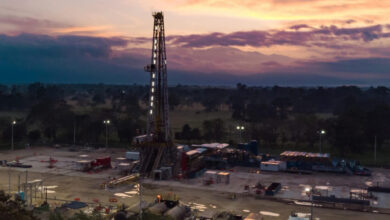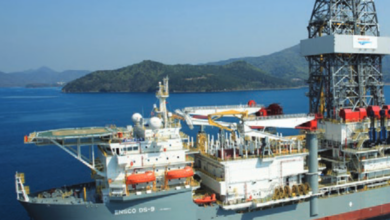Oil and Gas Authority changes name to North Sea Transition Authority

The Oil and Gas Authority has changed its name to the North Sea Transition Authority (NSTA) to reflect its evolving role in the energy transition.
Last year, the OGA revised its strategy to put net zero at the heart of its work alongside the important role of stewarding production. In March 2021, the North Sea Transition Deal between government and industry set out an ambitious program for this path and the crucial role that the UK’s oil and gas industry should play.
The new name embraces this new context and the group’s expanding role in energy transition, including as the carbon storage license and permitting authority, monitoring of emissions, assessing a net zero test for new developments and stewarding domestic production.
The role of oil and gas will reduce over the coming years, but they currently provide about 75% the UK’s energy needs and will remain an essential part of the energy mix for some time to come.
However, the government has signaled its intention to reach net-zero greenhouse gas emissions by 2050 (2045 in Scotland) and the North Sea has a vital part to play in reaching that goal.
At the same time, ongoing global and geopolitical events have made it clear that security of supply remains important as the transition is achieved.
The NSTA will continue to play a vital role in ensuring energy security as the body which stewards the oil and gas industry, both on and offshore, with energy transition issues already playing a significant and increasing role in the organization’s day-to-day activities.
The industry is expected to play a key role in the energy transition and support energy security through producing domestic oil and gas over the coming decades, as well as reducing its own carbon footprint, while government and regulators must provide clear leadership and bolster confidence for the necessary continued investment.
Specific NSTA workstreams include:
- Stewarding ongoing production from oil and gas fields;
- Licensing and stewarding new oil and gas developments from licensing to production;
- Monitoring industry greenhouse gas emissions in line with the North Sea Transition Deal;
- Encouraging platform electrification projects in the Central North Sea and West of Shetland;
- Stewarding projects through development and supporting the government’s CCS deployment pathway;
- Providing a huge quantity of data required to assist in finding suitable locations for oil and gas exploration as well as carbon storage and other projects;
- Working with industry to support improved environmental, social and governance reporting;
- Leading studies to assess the potential for hydrogen power and carbon storage in hubs such as Bacton; and
- Driving offshore energy integration to build closer links between oil and gas and renewables and reduce carbon emissions from oil and gas production.




